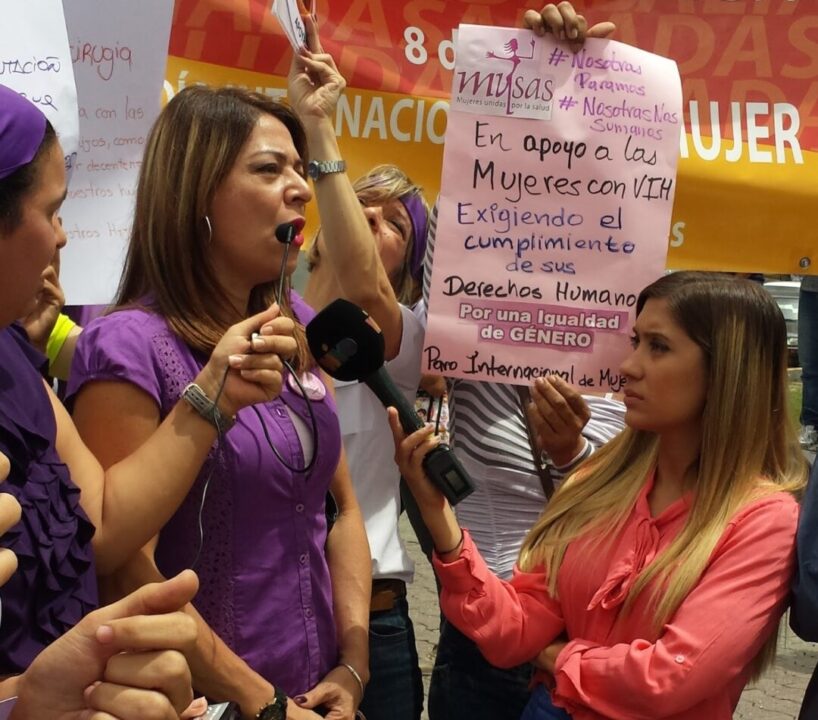Even though the number of violent deaths has decreased in recent years, Venezuela remains the most violent country in Latin America
In an interview with Radio Fe y Alegría Noticias, the director of the Venezuelan Observatory on Violence (OVV), Roberto Briceño León, detailed that the numbers of violent deaths in the country are alarming.
11,081 people lost their lives to violent causes in 2021. This figure includes homicides committed by alleged criminals (3,112), deaths under investigation (4,003), resistance to authority (2,332), and disappearances (1,634), according to a report presented by the observatory.
“These four categories (…) translate into a rate of 40.9 deaths per 100,000 inhabitants. This means a reduction from last year but it still places Venezuela as the most violent country in the region, along with Honduras. Estimates in Honduras give a count of 40 deaths per 100,000 people”, Briceño León explained.
The reduction in violence is a consequence of the Venezuela crisis
“One could say that the reduction in violence is the result of better living conditions, a stronger rule of law, or more economic activity, but unfortunately this is not the case. The explanation is the opposite, there was a reduction in the opportunities for crime”, assured the sociologist.
This reduction originates in the fact that criminals see no point in committing robberies. Banks are not robbed in Venezuela because it no longer makes sense, given that cash is worthless. Instead, crime has migrated to other areas, such as mining, extortion to large companies, or smuggling, among others,” explained the activist.
Briceño explained that another factor is the massive migration of people. In the group of 6 million Venezuelans who have left the country, there are also the criminals who used to “control entire neighborhoods, clash with each other, and form small local gangs.”
“There have been some important changes in the country, which have led to a reduction in crime opportunities and gave rise to a decrease in violent deaths. Unfortunately, it is not due to a better police system, improved prosecutions and conviction, better courts, or better prisons where criminals can be rehabilitated”, he pointed out.
He also stated that Venezuela is gradually experiencing “an offensive action by organized crime that began to openly challenge the national government’s monopoly on violence, forcing its withdrawal from various local territories.”
Extrajudicial killings
The human rights specialist noted a diversification of the police forces that acted in the commission of extrajudicial executions was corroborated in 2021 after the creation of new dependencies and regional divisions “which in some way blurred the role of the FAES” and other security agencies.
Briceño León drew attention to two elements that experienced significant increases and became very serious regarding the commission of extrajudicial killings.
These elements have to do with the deaths labeled “under investigation” and the category “disappeared” that may translate into silent migrations or unknown extrajudicial executions that fundamentally occur in very violent areas of the countries such as El Callao and Sifontes in the southern state of Bolívar”.
Translated by Jose Rafael Medina




